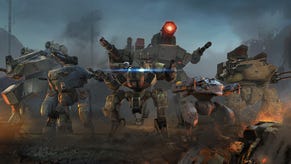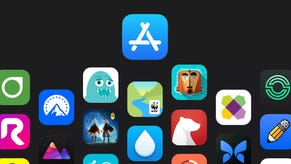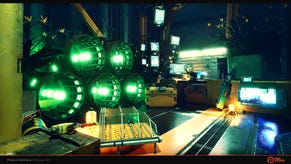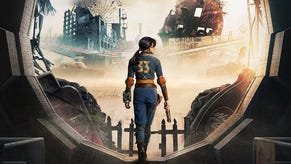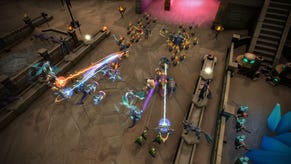Schade: When EA drops its iOS prices, you raise yours
Fishlabs CEO says that to compete with big players, mobile devs must differentiate
Michael Schade, CEO of Fishlabs, has told listeners at Gamelab that if a bigger competitor drops their prices, you should raise yours in reply.
Rather than entering a price war with a company which has superior resources, Schade believes, mobile developers must instead be brave enough to raise prices beyond the common range - not only to increase revenues, but also to increase sales.
"When you try and get into a price war with someone like EA you lose," said Schade. "When they dropped their prices down to 99 cents, instead of trying to compete, we put the price of Galaxy on Fire up from $6.99 to $9.99. Not only did we see an increase in revenues, but also in sales."
Speaking to Gamesindustry.biz after the roundtable discussion, which also featured Torsten Reil of Natural Motion and Xavier Carrillo of Digital Legends, Schade clarified his position.
"Obviously we observed the episode quite closely and we saw that the big guys were trying to squeeze out the smaller guys by having their AAA, high production values at 99c. I believe that if the top ten or twenty positions are already cluttered with these games, it doesn't make sense to price drop.
"It rather works if you go up in price and try to differentiate yourself, because on the categories you might still be top ten, so people can find you if they look for a specific genre of game."
That differentiation is the key factor, Schade argued, saying that the obverse tactic is equally effective.
"It works the other way round," the CEO continued. "If EA or whoever have the higher price, then should have a price drop. You have to differentiate. For a smaller developer, you will always lose the fight against the big guys if you do the same stuff at the same time.
"Always do the opposite of what the big guys do. So we switched from $6.99 to $9.99, and it was around Christmas. Everyone was going for 99 cents or free.
"Of course, the game has to deliver the right quality and the experience has to be top notch - then you can differentiate. I mean we had close to a five star rating at $6.99, then we raised it to $9.99 and that rating stayed there."
But Natural Motion's Torsten Reil told GamesIndustry.biz that it's also possible to pull the same trick by following the lead of the bigger players.
"Just to add a slightly different data point to that argument," Reil interjected, "when EA dropped all the prices over Christmas, we did the same and dropped ours. We stayed in the top 20 and we got seven times our sales."
Whilst both tactics can prove successful, both Reil and Schade agreed that it was likely the result of the two companies' different audiences.
"I think you have a larger audience," Schade told Reil. "Backbreaker was 7.5 million? Galaxy on Fire was 2.5."
Reil agreed that Natural Motions Backbreaker was aimed at a more casual audience than Galaxy on Fire's core space sim mechanics. That core audience will enable Fishlabs to take a different approach to future iterations of its flagship game.
"Actually," Schade continued, "for upcoming versions of Galaxy on Fire we will take a pricing approach that's more similar to a PC digital download game. You can say, I don't care what others do on iOS - if you want to play Galaxy on Fire, you're part of our core fanbase, that's our price."



